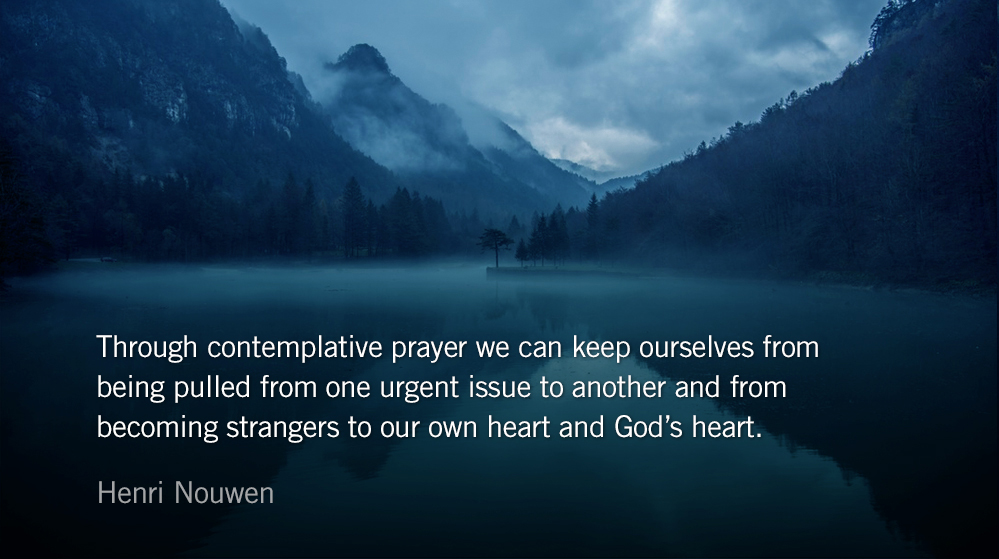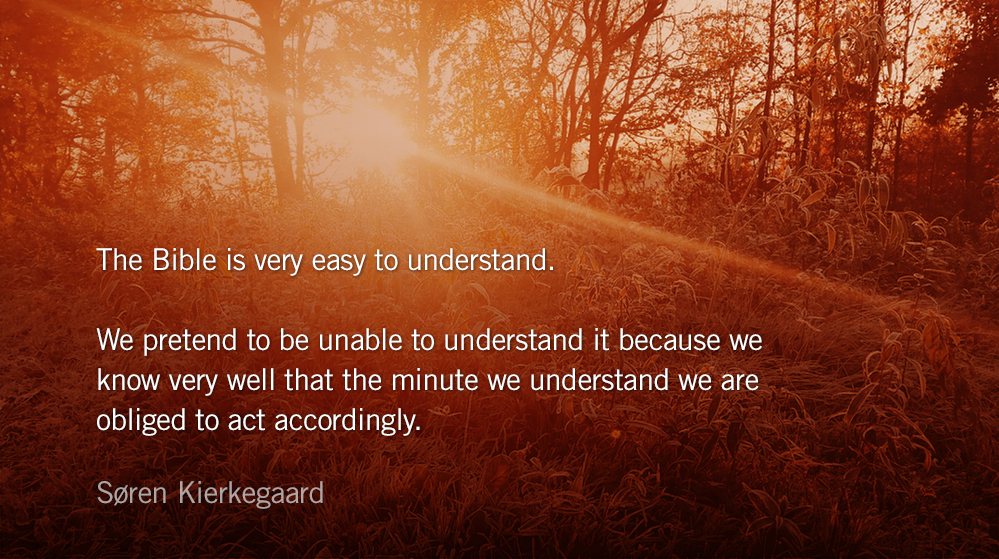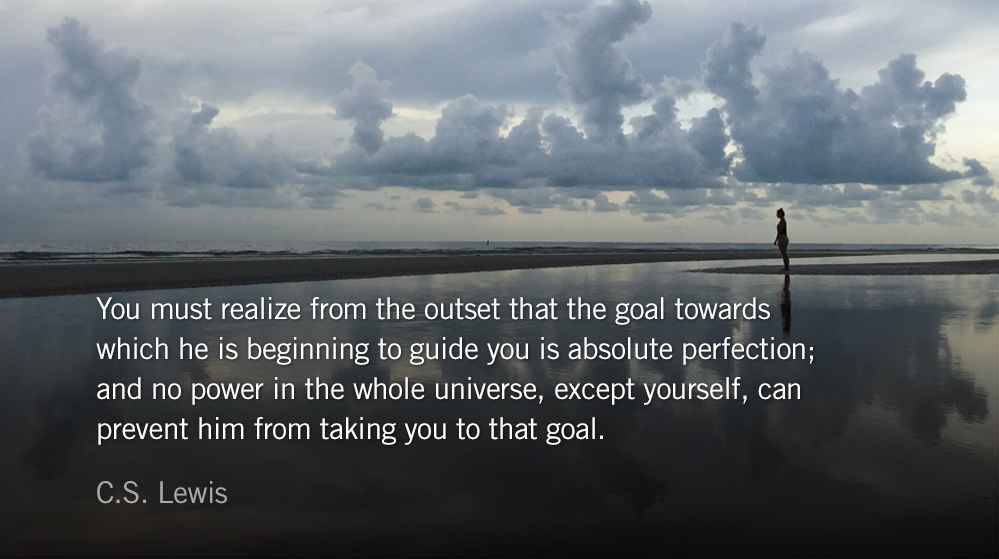Are the leaders of the future truly men and women of God—people with an ardent desire to dwell in God’s presence, to listen to God’s voice, to look at God’s beauty, to touch God’s incarnate Word, and to taste fully God’s infinite goodness?
―Henri Nouwen
Lenten Reflection: Prayer for Disquieted People
The Park Forum
“The original meaning of the word theology was union with God in prayer,” remarks Henri Nouwen. Today we view theology as an intellectual pursuit and prayer as an event to do, rather than an experience to enter into. In his book, In the Name of Jesus, Nouwen reflects:
Through contemplative prayer we can keep ourselves from being pulled from one urgent issue to another and from becoming strangers to our own heart and God’s heart. Contemplative prayer deepens in us the knowledge that we are already free, that we have already found a place to dwell, that we already belong to God—even though everything and everyone around us keep suggesting the opposite.
It is in prayer that we find rest for our disquieted souls, Nouwen believes; and from prayer that we begin to lead in our own lives, families, and vocations. What we find in prayer has immediate ramifications in shaping our thoughts, words, and actions.
In a salient example for American culture today, Nouwen explains:
Words like right-wing, reactionary, conservative, liberal, and left-wing are used to describe people’s opinions—and many discussions then seem more like political battles for power than spiritual searches for the truth.
Through the discipline of contemplative prayer, Christian leaders have to learn to listen again and again to the voice of love. Dealing with burning issues without being rooted in a deep personal relationship with God easily leads to divisiveness because, before we know it, our sense of self is caught up in our opinion about a given subject.
But when we are securely rooted in personal intimacy with the source of life, it will be possible to remain flexible without being relativistic, convinced without being rigid, willing to confront without being offensive, gentle and forgiving without being soft, and true witnesses without being manipulative.
Prayer: The Greeting
Our God will come and will not keep silence; before him there is a consuming flame, and round about him a raging storm. — Psalm 50.3
– From The Divine Hours: Prayers for Springtime by Phyllis Tickle.
Full prayer available online and in print.
Today’s Reading
Exodus 32 (Listen – 5:47)
John 11 (Listen – 6:37)











